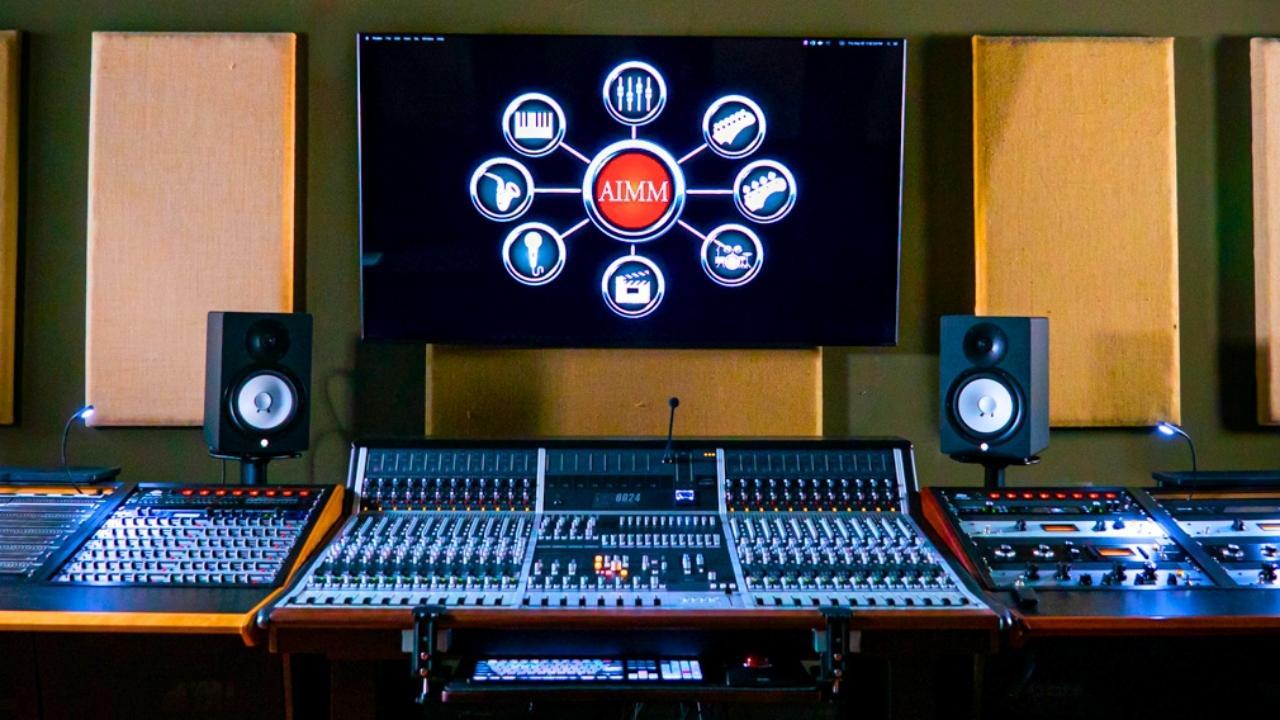What is a Console in a Music Studio?
In a music studio, a console is a large piece of hardware that serves as the central hub for audio processing, mixing, and routing. Also known as a mixing console, mixing board, or audio mixer, a console allows sound engineers and producers to control and adjust the levels, tone, and effects of multiple audio sources.
A typical console includes multiple input channels, each of which can be used to connect a microphone, instrument, or other audio sources. The console also includes various knobs, faders, and other controls that allow the sound engineer to adjust the levels and tone of each input channel. In addition, a console often includes built-in equalization and signal processing capabilities, such as compressors, reverbs, and delays, that can be used to further shape the sound.
In addition to its mixing and processing capabilities, a console also serves as a hub for routing audio signals between various components in the studio, such as speakers, amplifiers, and recording equipment. This routing capability allows the sound engineer to monitor and adjust the sound as it is being recorded or played back.
There are many different types of consoles available, ranging from small, portable models with only a few channels to large, multi-channel consoles used in professional recording studios. Modern digital consoles are also becoming increasingly common, offering advanced processing and routing capabilities, as well as the ability to save and recall presets and settings. Overall, a console is a critical tool for any music studio, allowing sound engineers and producers to shape and control the sound of their recordings and performances.
What Are the 3 Types of Mixing Consoles?
Mixing consoles, also known as audio mixers or mixing boards, can be broadly classified into three types based on their signal routing and processing capabilities. These are:
- Analog Mixing Consoles: Analog mixing consoles are the traditional type of mixing console and use physical circuitry and components to process and route audio signals. Analog consoles are known for their warm, rich sound and the tactile feel of their controls. They are still used in many professional studios and live sound settings and are favored by many sound engineers for their reliability and sound quality.
- Digital Mixing Consoles: Digital mixing consoles use digital signal processing to route and process audio signals. They offer a range of advanced features, such as programmable presets, built-in effects, and automation, that can make mixing and recording faster and more efficient. Digital consoles can also store and recall settings, making it easy to recreate a mix or effect for future use. They are becoming increasingly popular in both professional and home studio settings due to their versatility and flexibility.
- Hybrid Mixing Consoles: Hybrid mixing consoles combine the best of both analog and digital technologies, offering the warmth and tactile feel of analog controls with the advanced processing capabilities and programmable features of digital consoles. Hybrid consoles typically use analog components for the audio signal path while using digital processing for routing, automation, and effects. This allows sound engineers to take advantage of the best features of both technologies, creating a highly customizable mixing experience.
Overall, the type of mixing console that is best for a particular application will depend on factors such as budget, desired sound quality, and workflow preferences. Each type of console offers unique advantages and drawbacks, and choosing the right one is an important part of creating a high-quality recording or live sound experience.

Interested in a Music Career?
Are you passionate about music and looking for an education that can give you a competitive edge in the entertainment industry? Look no further than the Atlanta Institute of Music and Media (AIMM).
AIMM offers a uniquely effective approach to vocational training for musicians, music production, and audio engineering. Our well-rounded curriculum includes classroom instruction, stage performances, computer labs, recording studios, and live clinics, providing students with an extensive education unmatched by other accredited music colleges.
In addition, AIMM offers the opportunity to become Pro Tools Certified, further enhancing your skills and qualifications in the field. At AIMM, you'll truly learn from both sides of the studio.
If you're looking to gain hands-on experience and make connections with renowned music production faculty and industry professionals, AIMM's programs are the perfect place to start. Our cutting-edge education can give you the tools to excel in the entertainment industry.
To learn more about the benefits of a music school, contact AIMM today and take the first step towards achieving your music dream.








